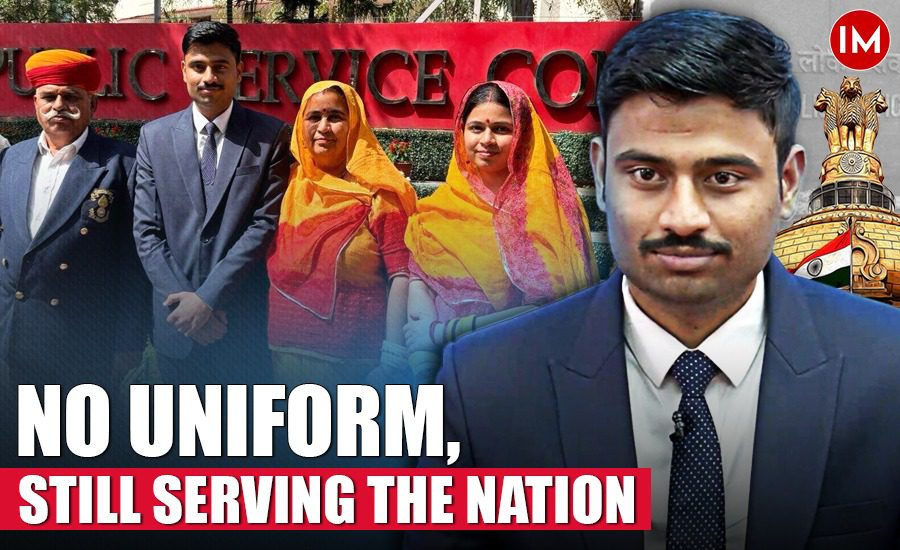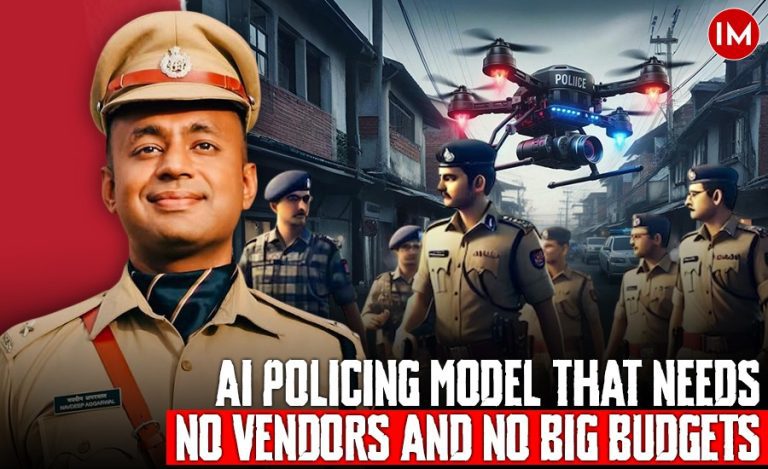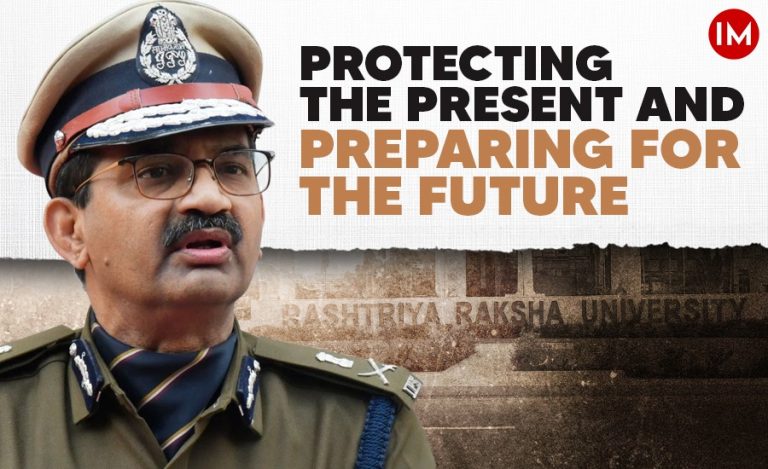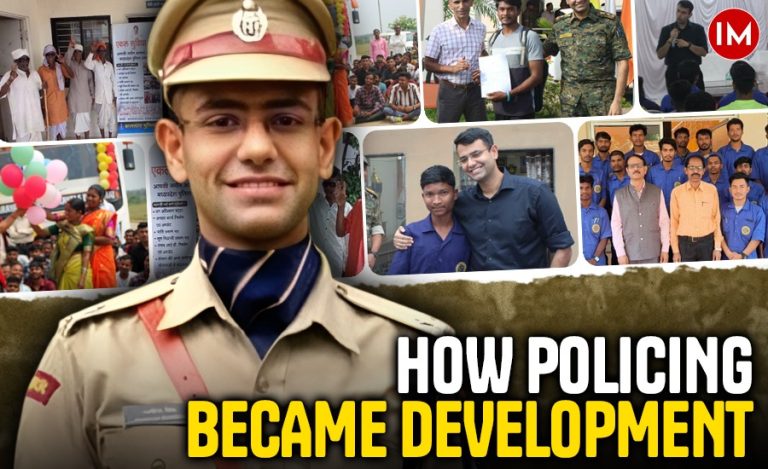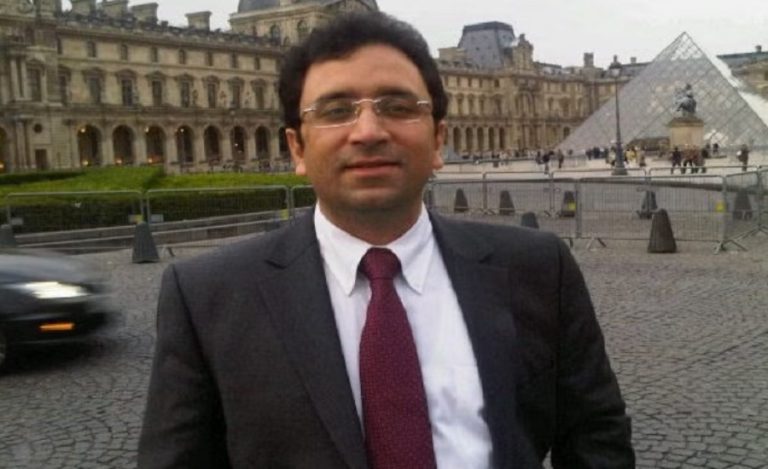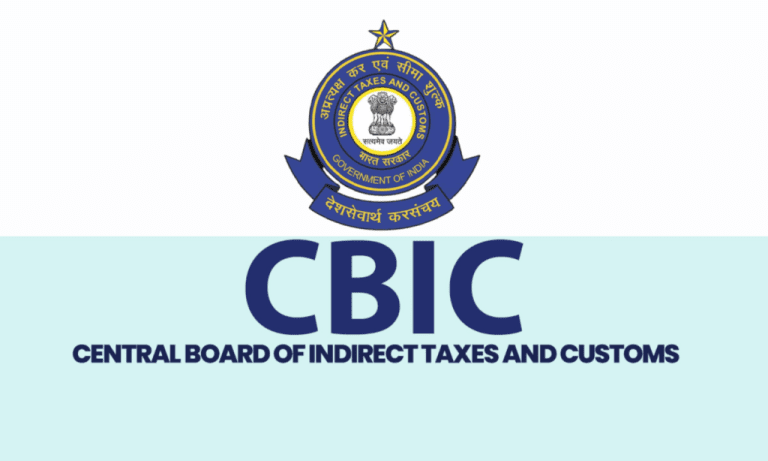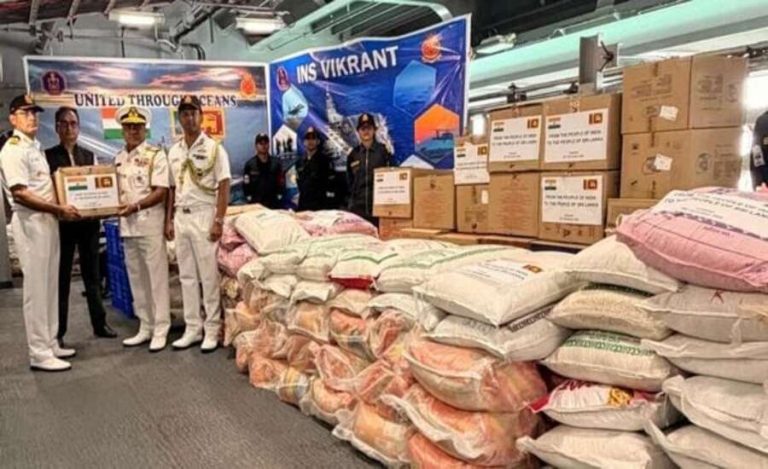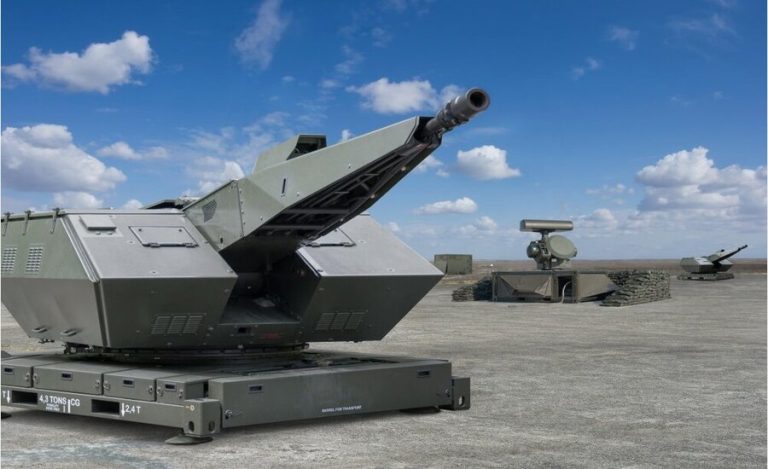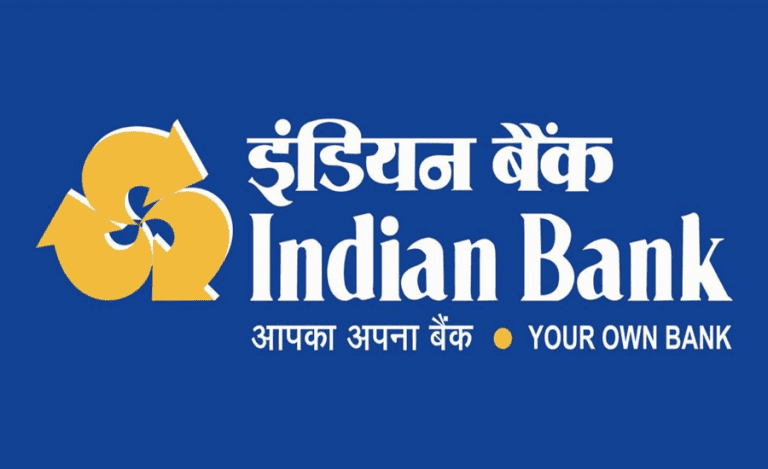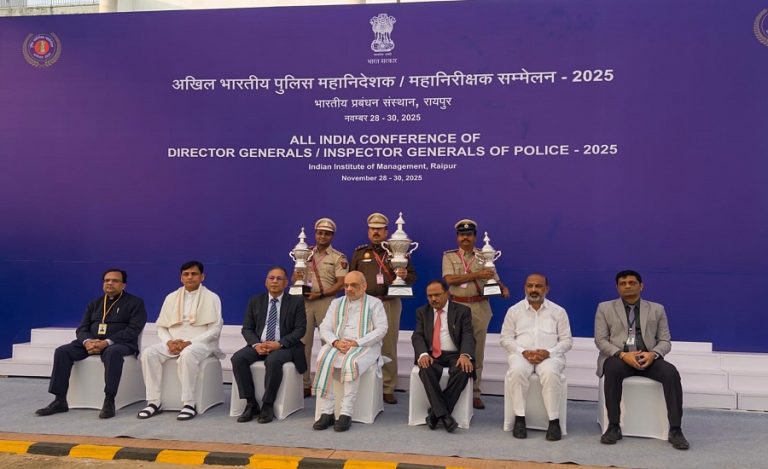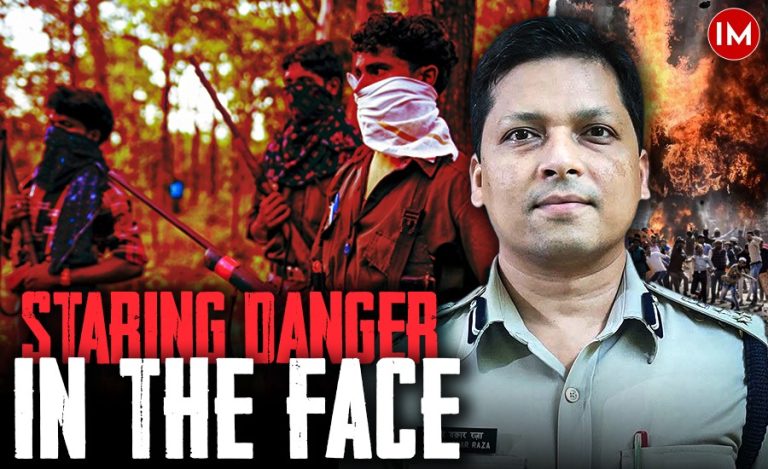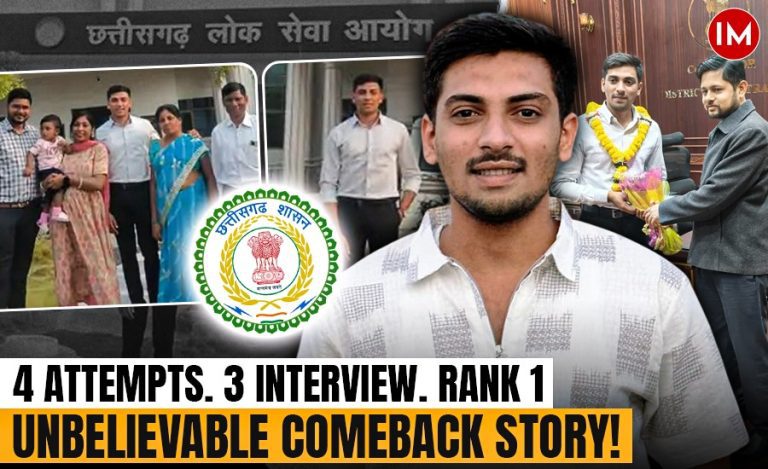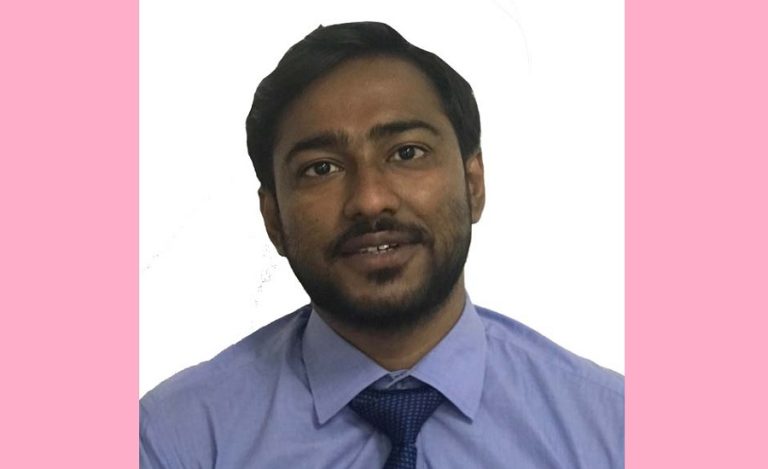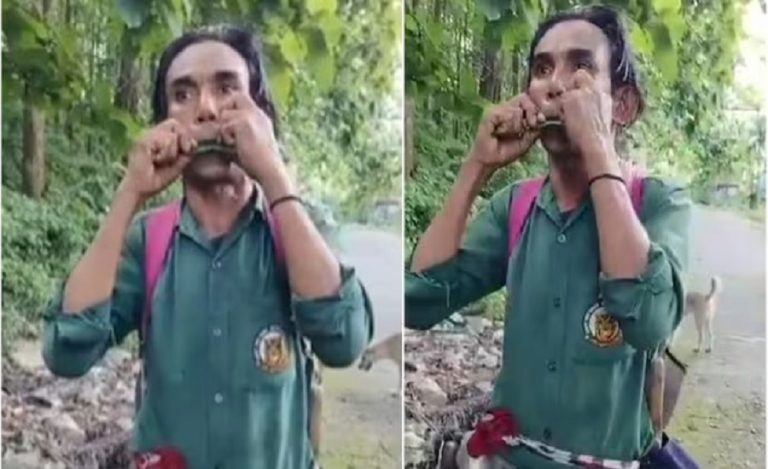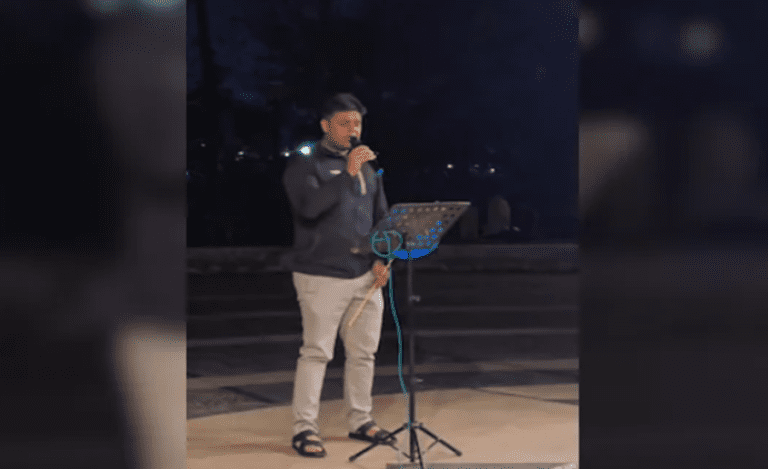In a modest village in Rajasthan, a boy once stood beneath the desert sky, eyes brimming with dreams, watching his father – a proud military man – walk off to serve the nation. That image etched itself deep into Trilok Singh’s heart. For years, he believed he would one day walk the same path in olive green.
But life had other plans. And Trilok? He didn’t just adjust – he soared.
THE DREAM THAT TOOK A DETOUR
Trilok Singh’s story isn’t just about cracking India’s toughest exam. It’s about falling, twice, and rising with a roar the third time.
Born in Delhi’s Army Referral Hospital and raised in a family steeped in military tradition, service to the nation wasn’t a career choice. It was destiny. His father had served the Indian Army for 28 long years. Naturally, Trilok too aspired to join the armed forces. But a medical disqualification in 2019 shattered that dream in seconds.
“I couldn’t wear the uniform, but I wasn’t going to stop serving,” Trilok shared with Indian Masterminds.
A NEW PURPOSE
When one door closed, Trilok kicked open another. Inspired by his elder sister, who had cleared the JRF exam, and driven by a desire to make a difference, he set his sights on the UPSC.
Armed with a degree in Mathematics from Kirori Mal College, Delhi University, and a Master’s in Political Science from Jodhpur University, he turned his full attention to the civil services exam.
His optional? Political Science and International Relations (PSIR). His goal? Nothing short of the Indian Administrative Service.
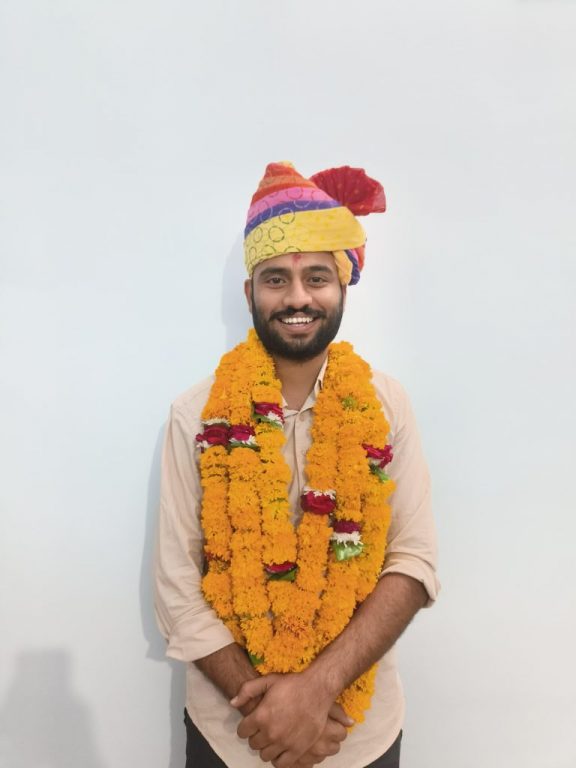
THE FALL THAT BUILT THE RISE
The first attempt was humbling. Despite months of hard work, Trilok couldn’t clear the exam.
“I underestimated the complexity. My preparation lacked depth, especially in Science and Tech,” he recalls.
The second attempt saw some progress, but again – no selection. His optional score pulled him down. At this point, most would walk away. But not Trilok.
“I reminded myself: it’s not failure, it’s feedback,” he says.
THIRD TIME’S THE CHARM
With fresh determination, Trilok went into his third attempt with surgical precision. He changed everything – from study sources to the way he wrote answers.
“I started focusing on how I presented answers. Spacing, structure, flow – everything had to be perfect,” he says.
He joined a peer group of fellow aspirants, some already serving officers, and turned answer writing into an art. He spent hours refining ethics case studies and essay strategies.
This wasn’t just preparation. This was war.
And when the results came?
AIR 20.
Third attempt.
A moment of thunderous triumph.
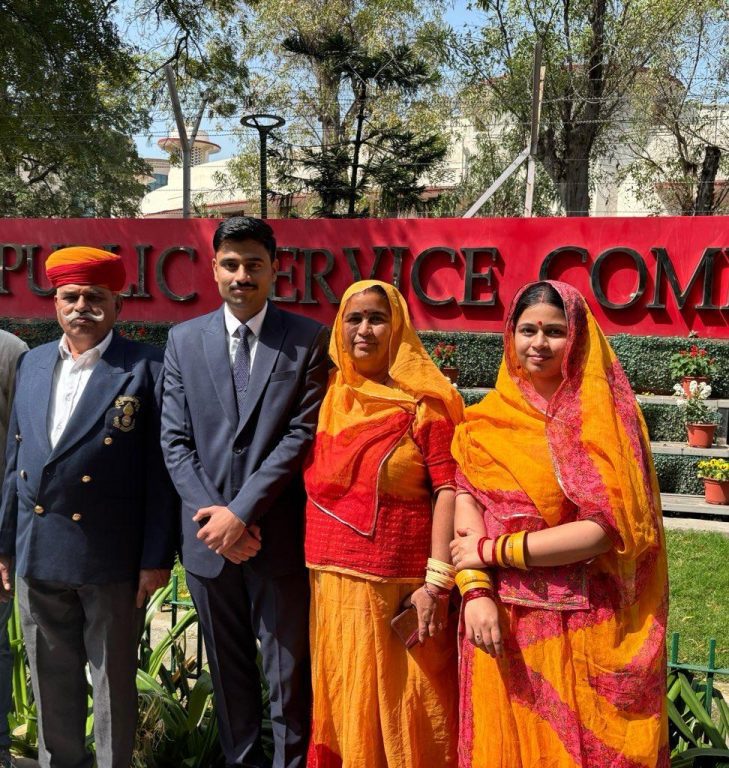
IN THE INTERVIEW ROOM
Despite being confident in interviews, Trilok was thrown a curveball.
“What’s the difference between Olympic walking and running?” the panel asked.
“I didn’t know,” he laughs. “Turns out, in race walking, one foot must always stay on the ground!”
Another tricky question: “Since there has been no major war in the last 50 years, is the military obsolete?”
“It made me reflect deeper – not just answer. That’s what UPSC wants. They test your clarity, not just your content,” he says.
THE MINDSET THAT CHANGED EVERYTHING
What makes Trilok different isn’t brilliance. It’s resilience.
“I come from a region where most boys join the army early. Watching my peers earn, while I was still studying, was tough. I felt like I was lagging.”
What pulled him through? A razor-sharp routine, honest self-reflection, long 20 km walks that cleared the mind, and a resolute belief in his journey.
“I didn’t study 14 hours a day. I studied smart. I was consistent, even on bad days,” he told Indian Masterminds.
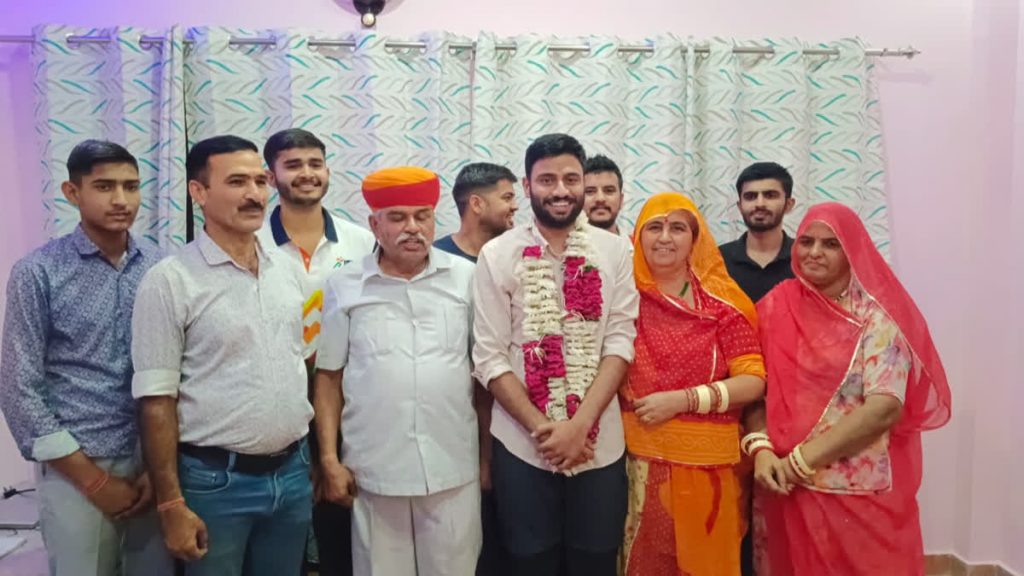
BRINGING CHANGE WHERE IT’S NEEDED MOST
Trilok hasn’t forgotten his roots.
“I want to work on rural education and agro-industries in Rajasthan. There’s so much untapped potential. Our villages need innovation, not sympathy,” he says.
BEYOND THE BOOKS
Even while preparing, he made room for joy.
“I played basketball to relax. And yes, watching Grand Slam tennis matches at 2 AM was my guilty pleasure!” he grins.
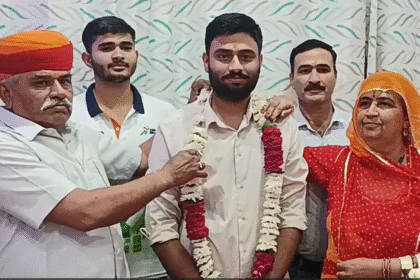
HIS ADVICE TO ASPIRANTS
His advice to aspirants still yearning to clear the exams is to fall in love with the process, not the result. He further asks them to build their own strategy and not blindly follow toppers.
And most importantly?
“Always have a backup plan. UPSC is uncertain, but your purpose shouldn’t be.”
Trilok Singh didn’t take the most obvious path to glory. He took the hardest one. But that’s what makes his story shine. From a small village to one of the most prestigious posts in the country, he turned rejection into redirection and failure into flight.
In his own words, “This was not my Plan A. But now, this is my purpose. And I’ll serve this country in every way I can.”

